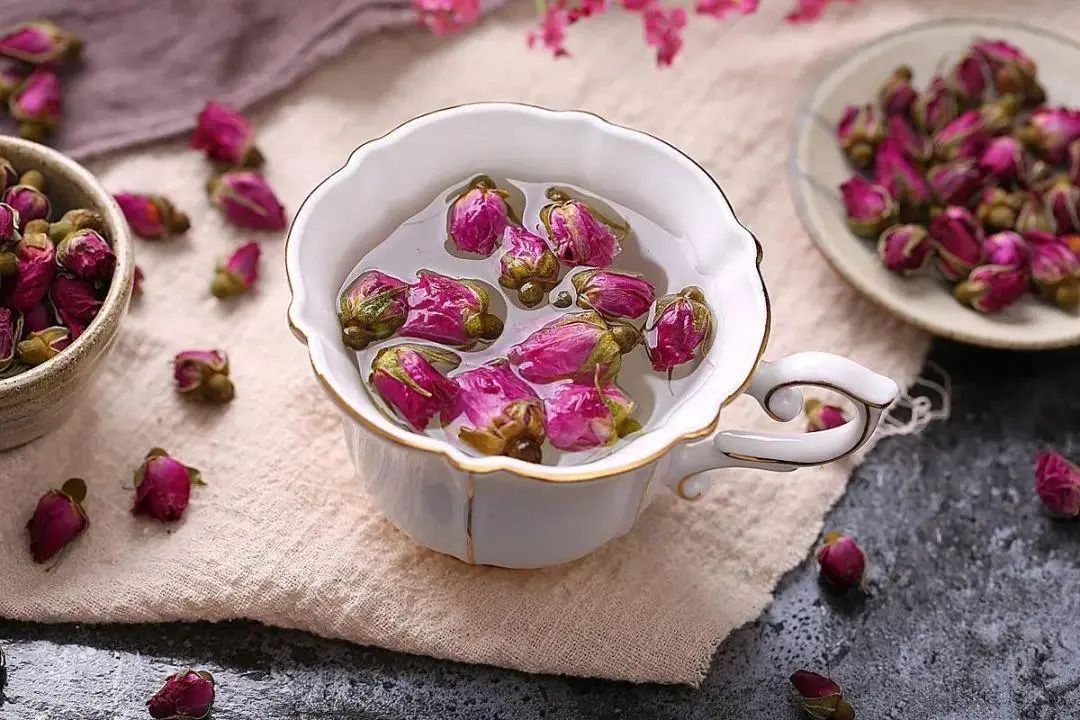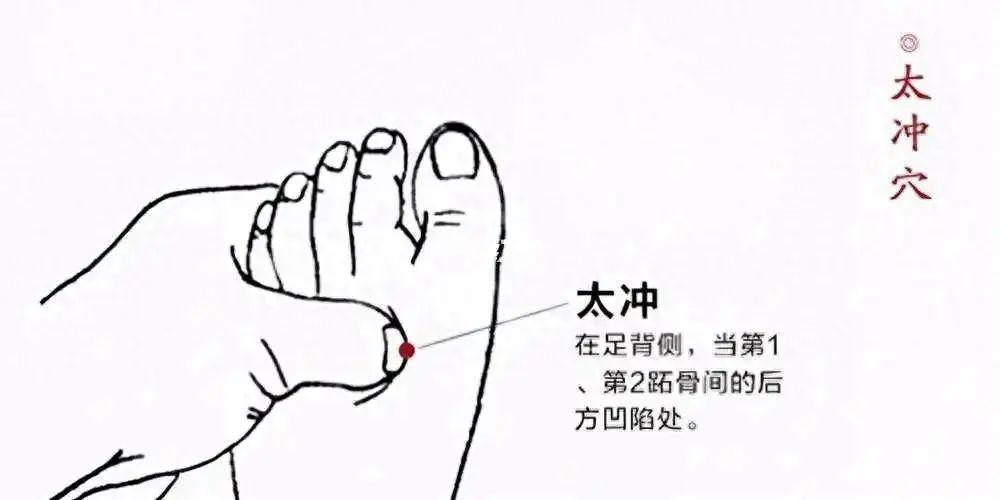From the perspective of Traditional Chinese Medicine (TCM), the liver plays a role in regulating the flow of Qi and stabilizing emotions. Maintaining a cheerful mood is beneficial for liver health. However, frequent feelings of depression and anxiety can lead to liver Qi stagnation, resulting in a series of pathological changes. What are the four stages of liver Qi stagnation from mild to severe, and what are their manifestations?Four Stages of Liver Qi StagnationStage 1: Liver Qi StagnationThe liver is responsible for the smooth flow of Qi throughout the body, circulating between the ribs. Therefore, in the early stage of liver Qi stagnation, symptoms such as chest and rib distension and pain may occur, often accompanied by acid reflux and belching.Stage 2: Liver Qi Stagnation with Spleen DeficiencyAfter liver Qi stagnation, it can affect the spleen, leading to liver Qi stagnation with spleen deficiency. This results in insufficient production of Qi and blood, causing rib pain, frequent sighing, depression, and anxiety, along with decreased appetite or loss of appetite, abdominal bloating, poor digestion, and a dull complexion. Women may experience breast tenderness during menstruation.Stage 3: Liver Qi Transforming into FireAs liver Qi stagnation with spleen deficiency progresses, coupled with insufficient Qi and blood production, it can lead to liver blood deficiency, which fails to nourish the liver, ultimately resulting in liver Qi transforming into fire. This stage is characterized by insomnia with vivid dreams, irritability, and a short temper, along with dry mouth, bad breath, dizziness, tinnitus, red and swollen eyes, and constipation.Stage 4: Phlegm and Stagnation of QiWhen Qi stagnation leads to phlegm and blood stasis, it can affect the spleen’s ability to transform and transport, obstructing fluid metabolism. Over time, this can lead to the accumulation of phlegm-heat, resulting in discomfort in the chest and abdomen, primarily manifesting as abdominal bloating, belching, acid reflux, and food stagnation.

Two Methods to Soothe the Liver1. Rose TeaRose has a sweet and slightly bitter taste and is warm in nature. It belongs to the liver and spleen meridians. Rose tea, made from tea leaves and fresh roses, can be consumed by those needing to soothe the liver and relieve depression. It has the effects of regulating Qi, relieving depression, promoting blood circulation, and alleviating menstrual pain. However, those with excessive menstrual flow or spleen and stomach deficiency should avoid excessive consumption.

2. Massage the Tai Chong PointIf you feel irritable, easily angered, dizzy, or have menstrual irregularities, the Tai Chong point may be particularly sensitive when pressed, sometimes even swelling after 3-5 minutes of massage. The Tai Chong point (LR3) is an important acupoint for expelling stagnant Qi from the body. Gently press and find the most painful point, then massage from Tai Chong towards the Xing Jian point (LR2), which helps to smoothly guide liver Qi out. This practice can also relieve and relax emotions.

Chinese Patent Medicines for Soothing the Liver1.Shu Gan He Wei Wanis primarily composed of 13 herbs including Xiang Fu (Cyperus rotundus), Mu Xiang (Aucklandia), Chen Pi (Dried Tangerine Peel), Chai Hu (Bupleurum), Wu Yao (Lindera), and Fo Shou (Buddha’s Hand). Its main effects are to soothe the liver, relieve depression, and nourish the stomach to alleviate pain. It is mainly suitable for symptoms caused by liver Qi invading the stomach, such as stomach bloating, stomach pain, loss of appetite, frequent belching, nausea, vomiting, and chest and rib distension, sometimes accompanied by constipation or diarrhea.2.Xie Gan An Shen Wanis composed of 17 herbs including Long Dan Cao (Gentiana), Zhi Zi (Gardenia), Suan Zao Ren (Sour Jujube Seed), Yuan Zhi (Polygala), Bai Zi Ren (Platycladus), Dang Gui (Angelica), and Fu Ling (Poria). Its main effects are to clear the liver, drain fire, calm the spirit, and nourish the heart. It is mainly suitable for insomnia caused by liver Qi transforming into fire, leading to disturbed spirit, irritability at night, difficulty falling asleep, or waking frequently after vivid dreams, and even sleeplessness.3.Xiao Yao Wanis composed of Chai Hu (Bupleurum), Bai Shao (White Peony), Dang Gui (Angelica), Fu Ling (Poria), Bai Zhu (White Atractylodes), Bo He (Mint), Sheng Jiang (Fresh Ginger), and Gan Cao (Licorice). Its main effects are to soothe the liver, relieve depression, strengthen the spleen, and nourish the blood. It is suitable for symptoms caused by liver Qi stagnation and spleen deficiency, such as chest tightness, rib pain, dizziness, and loss of appetite.4.Tong Xie Ning Granulesare composed of Bai Shao (White Peony), Bai Zhu (White Atractylodes), Xie Bai (Garlic Chives), and Qing Pi (Green Tangerine Peel). Their main effects are to soothe the liver, regulate Qi, soften the liver, alleviate pain, and strengthen the spleen to eliminate dampness. They are suitable for symptoms caused by liver Qi invading the spleen, such as abdominal bloating, abdominal pain, discomfort in the abdomen, irritability, and depression.5.Shu Dan Jiao Nangis composed of 10 herbs including Da Huang (Rhubarb), Zhi Zi (Gardenia), Huang Qin (Scutellaria), and Yin Chen (Artemisia). Its main effects are to soothe the liver, benefit the gallbladder, and alleviate pain. It is suitable for symptoms caused by liver Qi stagnation and bile obstruction, leading to right lower abdominal pain, dry mouth, bitter taste, and conditions like cholecystitis.

